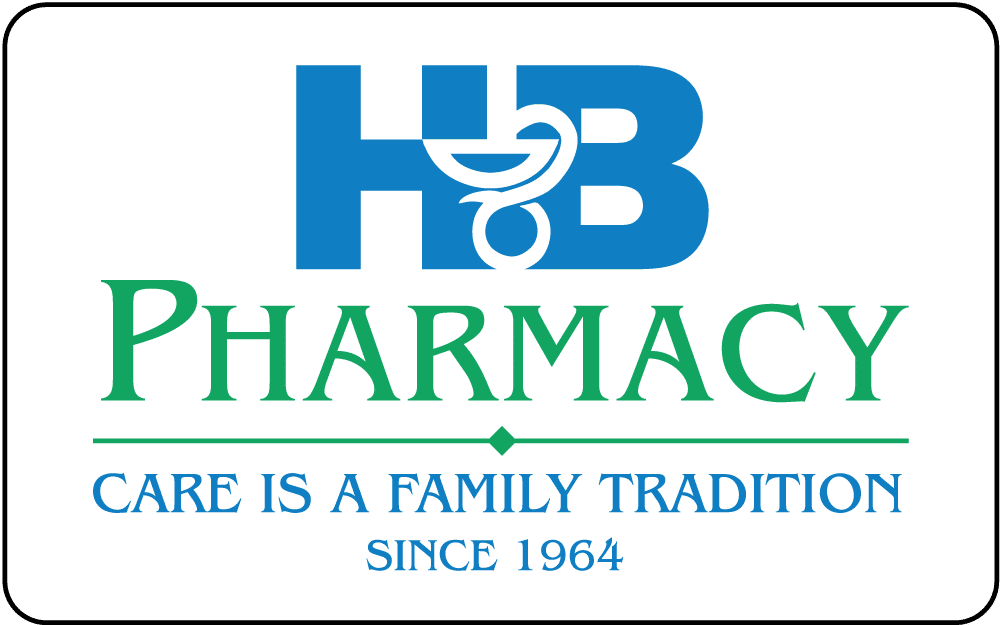Compounding medicine is an age-old practice that involves combining individual ingredients to create personalized medications. This approach is particularly useful for children who require specialized dosages or formulations of medication that are not readily available in the market.
Benefits of Compounding Medicine
One of the main advantages of compounding medicine for kids is that it can help overcome the challenges associated with traditional medications. For example, many children have difficulty swallowing pills or find the taste and texture of liquid medications unpleasant, which can lead to treatment failure. By customizing the medication, pharmacists can create formulations that are better suited to the child’s needs, making it easier for them to take the medication and improving treatment outcomes.
Another benefit of compounding medicine for children is that it can address specific health conditions. Children who suffer from respiratory conditions or allergies can benefit from customized inhaled medications that are easier to use and more effective. Similarly, children with behavioral or mental health conditions can benefit from personalized medications that are better tolerated and more effective.
Compounding medicine can also be helpful for children with developmental disabilities or medical conditions that affect their digestive system. These children often require unique dosages or formulations of medication, and compounding allows pharmacists to create medications that are better suited to their individual needs.
Compounding medicine is a valuable tool for pediatric patients who require personalized care. By creating customized medications that are tailored to the child’s specific needs, pharmacists can help overcome the challenges associated with traditional medications, improve treatment outcomes, and enhance the child’s overall quality of life. If your child has specific medication needs, speak to your healthcare provider to find out if compounding medicine may be an appropriate solution.
